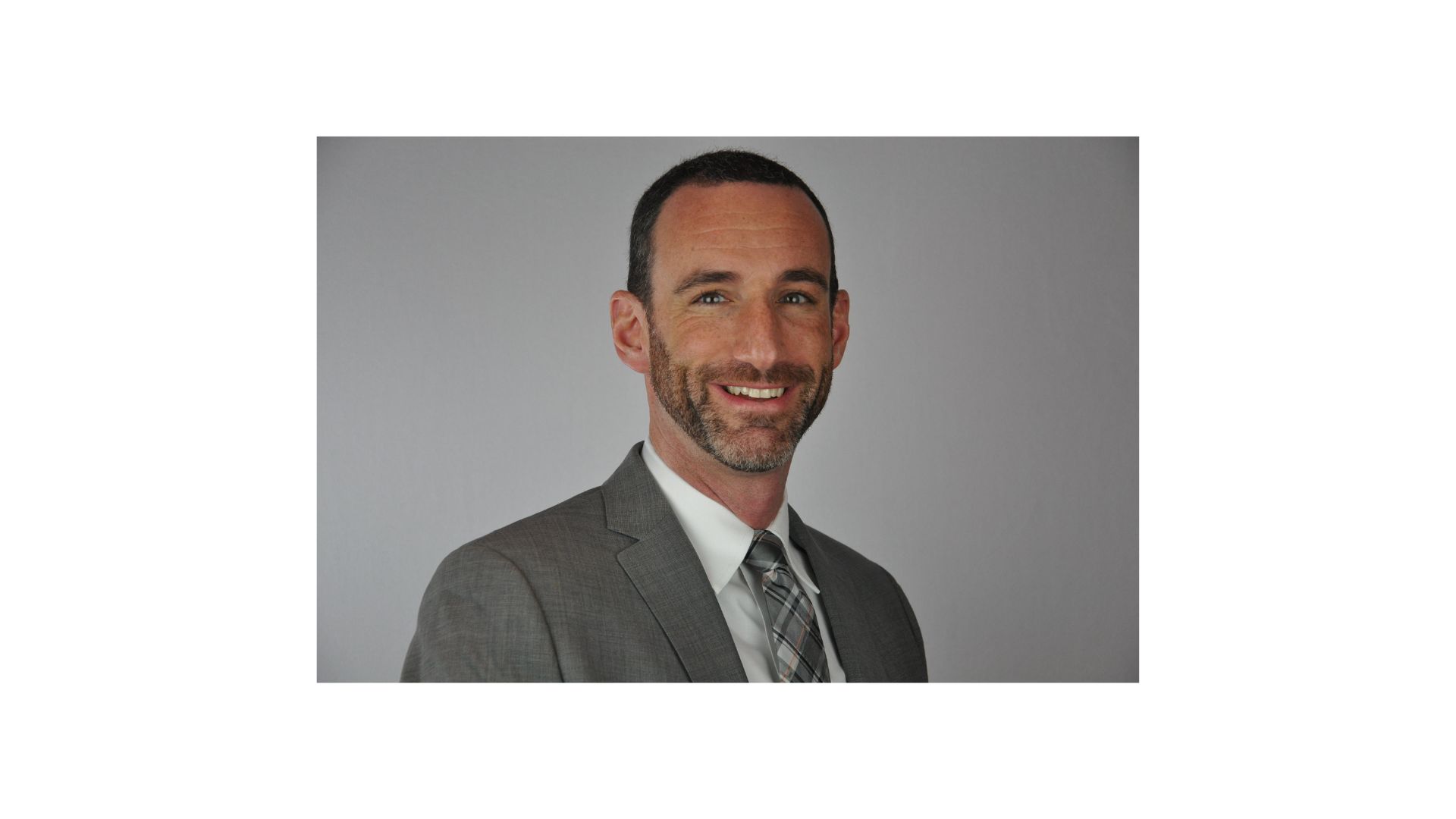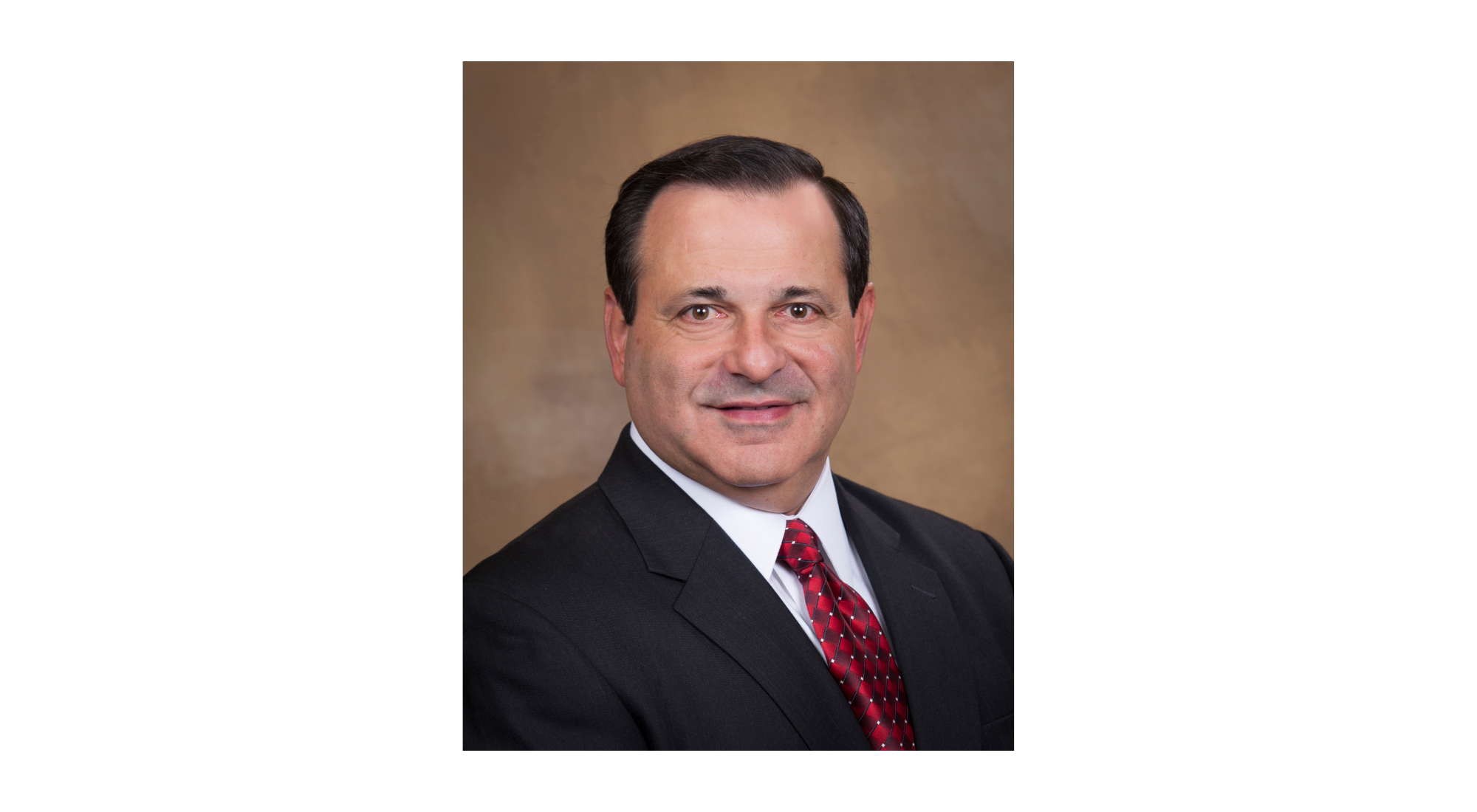Continuum of Wound Care: Important Terms to Know
July 31, 2022
Angiogenesis: The process of new blood vessel formation. This process is required for wound healing and allows for the delivery of oxygen and nutrients to the body’s tissues.
Cellular and tissue-based therapies: Advanced therapies that may use cells to induce immunomodulation in the wound bed and facilitate healing by resolving inflammation. Such modalities may include stem cells, scaffolds, skin substitutes, and epidermal substitutes, among others.
Edematous: A term to describe wounds that are affected with edema or are abnormally swollen.
Extracorporeal shock wave therapy: A cost-effective, noninvasive way to improve chronic wound healing by delivering small electrical currents to the wound area that may increase perfusion and can reduce inflammation.
Granulation tissue: Typically red or pink connective tissue that forms on the surface of a wound during healing. Granulation tissue is made of up macrophages, which help to remove debris and release cytokines that activate fibroblasts, make collagen, trigger endothelialization, and help with angiogenesis.
Hyperbaric oxygen therapy: A treatment modality used under specific circumstances to treat complicated or recalcitrant ulcers. This therapy applies oxygen to stimulate angiogenesis, enhance fibroblast and leukocyte function, and normalize cutaneous microvascular reflexes.
Monoclonal antibody therapy: A form of immunotherapy that uses monoclonal antibodies to bind monospecifically to certain cells or proteins, which may stimulate the patient’s immune system.
Multidisciplinary approach: An approach to wound care that brings together all clinician types that can add insight to develop a comprehensive treatment plan.
Proliferative phase: The third of the 4 stages of wound healing. The proliferative phase involves cellular proliferation, angiogenesis, new extracellular matrix deposition, and the formation of granulation tissue.
WOCN nurse: Wound, ostomy, and continence nurse. This individual is a Registered Nurse (RN) who holds a baccalaureate degree or higher and completes a formal, accredited WOC full scope or specialty education program. To become a WOCN nurse, one must also be board certified.
The views and opinions expressed in this content are solely those of the contributor, and do not represent the views of WoundSource, HMP Global, its affiliates, or subsidiary companies.











